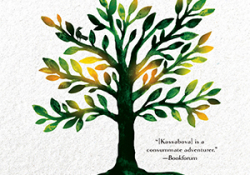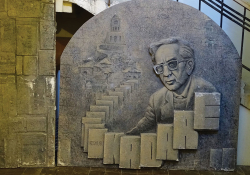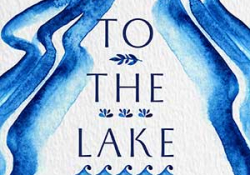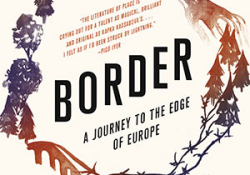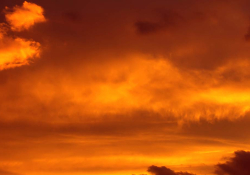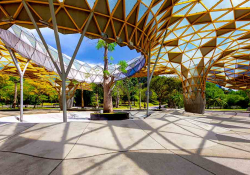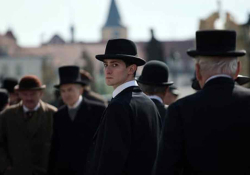Border Ghosts
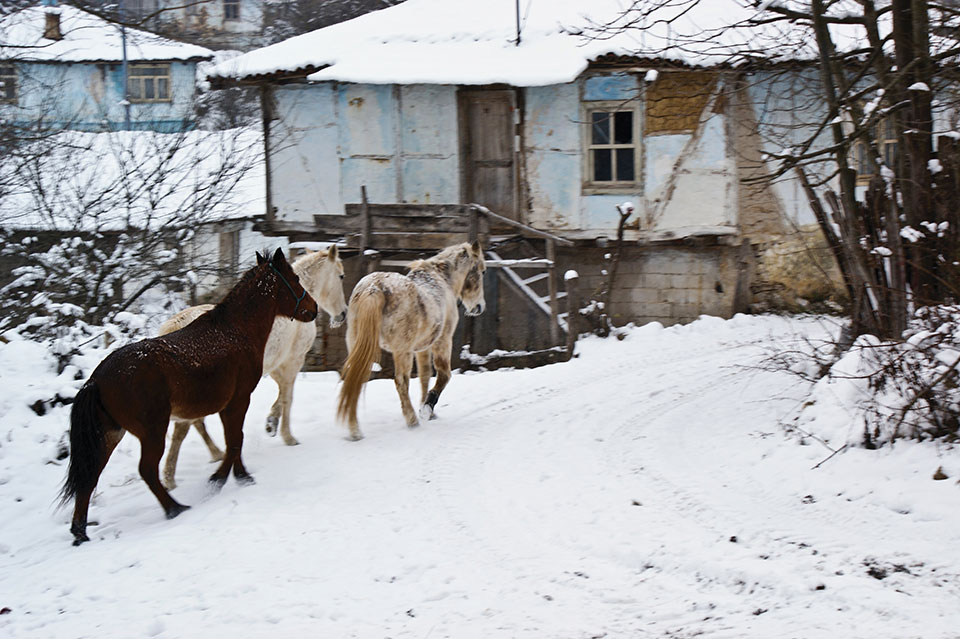
Border village in winter, Turkey. Photo: Nedret Benzet
Returning to the Bulgaria of her childhood, the author chronicles the insidious damage that a culture of hard borders inflicted on its survivors—including its defenders.
At the entrance to the once-beautiful village reached by a potholed road wider than it needs to be—now that border-army trucks no longer come and go—sat the hunting lodge.
Built behind a high wall in the traditional Balkan style, with wooden balconies, it had an attractive courtyard full of flowers. A stuffed stag greeted the visitor in the marble lobby, and the walls displayed the heads of boar, deer, bear, and framed photographs of men in camouflage posing in puddles of blood with boar, deer, bear. Among the sated-looking hunters was a square-shaped man with a familiar face. The hunting lodge belonged to him, and it represented his idea of heaven on earth: homemade wine, organic food, flowers, and forests full of prey.
His face looked familiar because in the 1980s when I was growing up in communist Bulgaria, he was an Olympic gold medalist in wrestling, or perhaps weight lifting; either way, I knew him from the small TV screen of my childhood. The Olympics meant a lot to us in the communist bloc. It was our chance to shine, collectively, to prove that although we were painfully stuck behind the Iron Curtain, our shops empty and our smiling dictators deadly, we did excel at something. I marveled at the squat muscularity of our weight lifters and wrestlers, and the spectral skinniness of our “golden girls,” the rhythmic gymnasts. The rhythmic gymnasts were forever fighting with the Russians for that coveted gold, and the weight lifters with the Turks. Somehow, my small Balkan country was always in a tussle involving either Russia or Turkey, two giants of the near East. Not only were we stuck behind the Iron Curtain, we were also stuck with the East. But we were also infinitely divided—from our Balkan neighbors Greece, Turkey, Yugoslavia, and Romania, from the rest of the world, from much of our own country. We were divided within families, friendships, and ourselves. It was because of the border, which was there to protect us, although—I saw this now—its barbed top was designed to point inward.
In my childhood, the towns, rivers, and mountains that fell within twenty kilometers of the national border were a militarized, no-go Border Zone. This once-beautiful village, or anywhere within the secretive mountain range called Strandja, could not be visited by civilians. It had been the same in Turkey. A near-mythical entity that couldn’t be approached or seen, the border was that which never slept. It was near the Black Sea beaches where we went for holidays along with the burnt-skinned East Germans and Hungarians, Poles, and Czechoslovaks, some of whom went swimming for their lives, swimming toward Turkey, until they were swept out to their deaths; or made a run for the land border in this scratchy forest; or went up in an air balloon and crossed south into Turkey, like a bird, like the thousands of storks that darkened our Pontic skies on their way to Africa. The border was near the mountain villages where we went to climb fir trees from which you could see Greece—where you would never go because our dictator would never die and the Cold War would never end, that much was clear. It was in the expression “beyond the border,” which meant simply abroad and had a shivery one-way meaning. In fact, those who had defected and could never return were called “non-returnees.”
Maps made in the GDR deliberately showed false borders—to mislead and entrap those like Michael who were writing the unofficial history of their era with their blood.
The Iron Curtain was a metaphor to those who lived on its soft side. To those on the hard side, it was a physical reality with an ideology, an army, and a body. Hidden by forests, the border was invisible yet everywhere, like the State. And like electricity, it provided the background hum of the days. It was built, electrified, and alarmed with the latest Soviet technology at the same time (1961) that the Berlin Wall went up. It even had a name—the Installation—and it was in the no-man’s-land around the installation, known to border soldiers as the Furrow of Death, that the young, misinformed fugitives of the Eastern bloc found themselves going round in circles until the border guards hunted them down with their dogs and trigger-happy Kalashnikovs. Like the young Pole who became trapped in a decoy bramble bush full of barbed wire and was gunned down by a young Bulgarian soldier who found him, then lost his mind. It was 1986. Like the young army recruit who, witnessing the execution of an unarmed fugitive by his platoon, went berserk and shot five of his comrades. It was 1988. The last victim of this most southern outpost of the Iron Curtain was a German teenager from Leipzig called Michael, shot at point-blank range through the cheek by a twenty-year-old border guard, and left to bleed to death. It was summer 1989, months before the fall of the Berlin Wall. The guard also took Michael’s possessions: 790 marks and a gold coin.

Photo: Kapka Kassabova
While Poles, Bulgarians, Russians, Czechoslovaks collected Olympic medals on our small TV screens, others from the same countries were running across the Furrow of Death, like prisoners staging a quiet solo revolt. They had heard that this “green border” was easy to cross, but maps made in the GDR deliberately showed false borders—to mislead and entrap those like Michael who were writing the unofficial history of their era with their blood. The unmarked graves where many victims of this border were buried by soldiers remain unnamed to this day.
Great political writing remains current, and to those who grew up reading Orwell, 1984 is a dystopian prophecy that rings oddly true now to many readers in Europe and North America. But to those of us who grew up where Orwell was banned, 1984 was the prophecy in action—1984 is not just our potential future, it is also our past. The Ministry of Plenty (empty shops), the Secretariat of Truth (the walls had ears), the Installation that protected the People’s Republic (no human rights) from enemies of the people both internal and external (we would never see the outside world)—that was everyday life behind the Iron Curtain. We were assaulted by the language of the State on a daily basis, as it told us how much it loved us and how much we should love it back—for it was all we had. The language turned everyone into a potential enemy, even you, the child at school reciting the compulsory poem about the Communist Party that went like this: “She watches over us each day / like a mother tender and dear / At school, at work, at play / she gives us strength and cheer.”
You lost a homeland and sometimes your family along the way, and you gained an empty room in another country where the kitchen pots were still warm.
Those who survived their unsuccessful border crossing and were merely arrested, beaten, imprisoned, and branded as traitors remained haunted by the border for the rest of their lives. As am I, though I never saw the border, or this mountain range, or met anyone who had attempted to cross it, until now. This is why I came thirty years later, back to the forbidden border zone of my childhood. This hunting lodge so redolent of top-security, communist-era lodges for the party elite who were all-powerful like Roman emperors, and of whom it was said that they sometimes forced people to dress as bears and run through the forest—and shot them; this empty mountain road; this forest full of snakes, water springs, ancient Thracian tombs said to be haunted, and unmarked graves whose bones are yet to be named—everything here filled me with dread, the kind of dread that sticks in your throat like a silent scream.
Because the place was a whole hour’s drive to the nearest Black Sea beach, there were no other guests. In the summer haze, the blue-green Strandja ranges kept rising beyond the crumbling, once-beautiful village, all the way to Turkey where a checkpoint operated amidst the velvet folds.
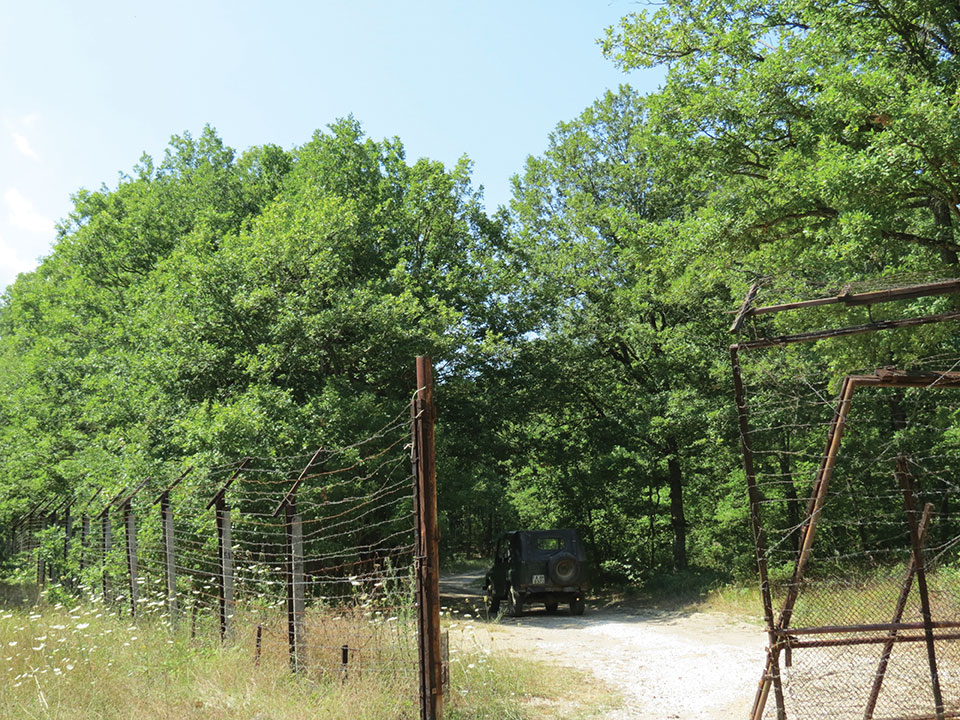
was officially called during the Cold War, Bulgaria.
Photo: Kapka Kassabova
There were two menus at the lodge—one for the restaurant and another listing prices for the different ways of hunting, killing, and dismembering an animal during the season. The 1990s, when many emigrated, were a murky time in Bulgaria. The Olympic sportsmen and women, once taken in childhood from their working-class families and ruthlessly trained into champions and the regime’s darlings, now reinvented themselves as entrepreneurs, buying and privatizing state-owned businesses for a song, and becoming part of the quick new oligarchy in a country plundered by mass migration, megainflation, gangster capitalism, and society in freefall. Some of them moved into government, where they joined the children of yesterday’s Roman emperors. The plunder continued but on a larger, more complex scale, with added immunity and legitimacy.
Although Strandja is untouched by the Ice Age and only home to a few thousand people, counting the Turkish side too, its human story is old. When the Ottoman Empire, “the sick man of Europe” in the words of politicians, was so sick that its former subordinates wanted rid of it, Montenegro, Serbia, Greece, and Bulgaria united against Turkey in what became the First Balkan War (1912) but should have been the last. The Second Balkan War (1913) was a squabble among the former subordinates and became a precursor to World War I. Its result was a macabre merry-go-round euphemized as an “exchange of populations.” Refugees darkened the drove roads of Strandja where today’s refugees go round and round in circles. Many traveled with oxen, because unlike loaded mules, oxen don’t stop when faced with a hill; they continue on their knees. The Greeks from the Black Sea fled to Greece. The Bulgarians who lived in Turkey fled here and moved into their houses. The Muslims of Greece and Bulgaria were expelled to Turkey and moved into the houses of the departed Bulgarians and Greeks. Brigands of all stripes attacked the refugees and each other. Families were forced to abandon babies in the forest, to avoid attracting the attention of “vigilantes” set on killing civilians speaking the wrong language or wearing the wrong head gear. You lost a homeland and sometimes your family along the way, and you gained an empty room in another country where the kitchen pots were still warm.
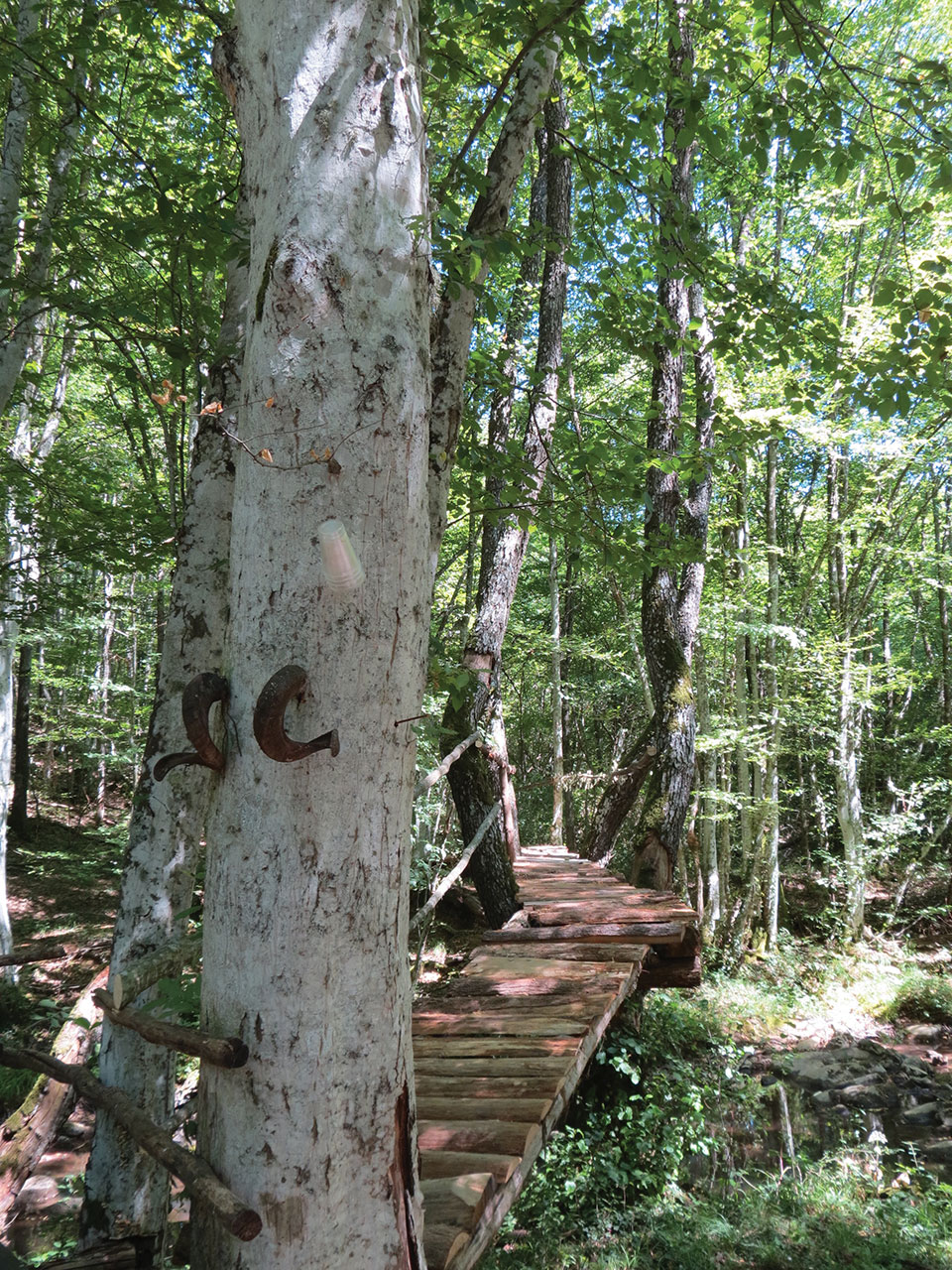
because of the new wall between Bulgaria and Turkey.
Photo: Kapka Kassabova
In a few years, the centuries-old Ottoman quilt was dismembered to shreds by militant nationalisms, in a great “unmixing of peoples.” Many in this once-beautiful village were grandchildren of those refugees. Once a year, a peculiar form of tourism is acted out here: ancestral tourism. The descendants of refugees from the Balkan wars visit their ancestors’ abandoned houses across the border: the Bulgarians go to Turkey, the Greeks to Turkey or Bulgaria, and the Turks can’t go anywhere. They sit in their village squares, watch the visitors, and empathize. They also watch the refugees from Syria walk past their doors.
“Looking at these unfortunate people, we can see what our predecessors went through,” a man in a Turkish border village told me, where a similar fate had befallen people during the Cold War: the border zone was militarized, and the villages emptied themselves. Today, these places are a smugglers’ heaven and a refugees’ hell.
Another man, a retired miner in the once-beautiful village, told me how he’d helped some refugees in the forest by guiding them and giving them food, only to be arrested by the border police and watch his new friends being taken away in a van without windows.
“I don’t trust anybody anymore,” he concluded, “except my own conscience, and I know I did the right thing. I did the thing I’d like a stranger to do for me, if ever I became a displaced person. Because you just don’t know, do you?”
“No,” I said, “you don’t.” We were at the village square café where morning and evening, under the crowns of walnut trees, sat the gossiping gentry—the men at one table, the women at another, and a third table had the border police, boozy, overweight men with slow, unwelcoming expressions. They would come before and after their long shifts in the forest, put their guns on the table, and start drinking.
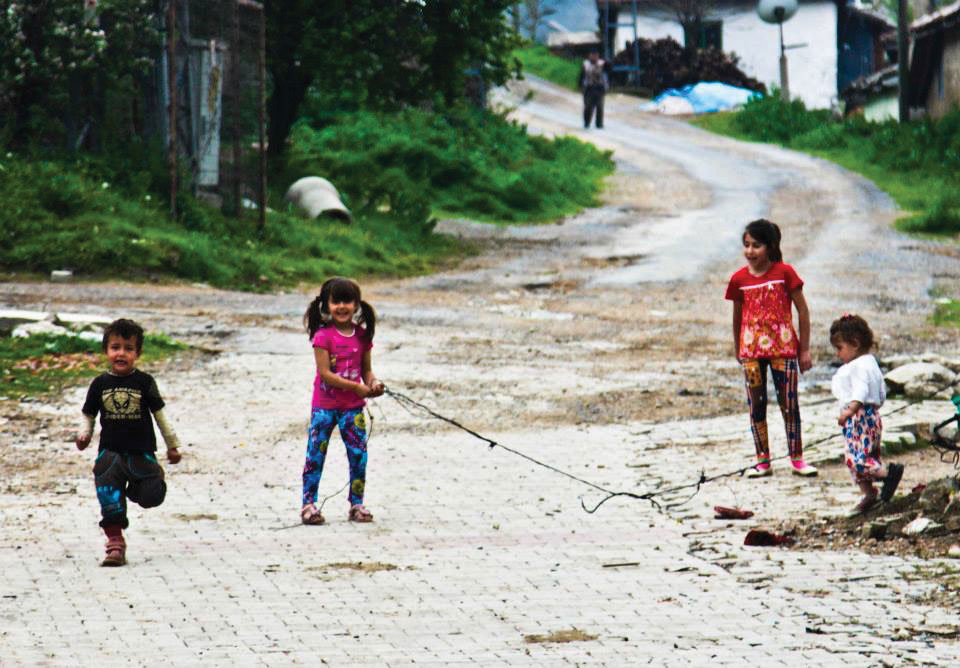
Photo: Nedret Benzet
The gentry were the last civilians standing, or at least hobbling, in the once-beautiful village, their children and grandchildren long gone. It was 2013, and this otherwise quiet border zone was becoming busy: refugees from Syria, Iraq, Afghanistan, and Palestine walked across the forested mountains, sometimes helped by smugglers in Turkey, other times only robbed and abandoned in no-man’s-land with the wild animals, the snakes, the water springs. Once on European soil, they were arrested by Bulgarian border police and handed over to the nearest refugee camp; other times they were beaten or robbed first. The border police of today are a new generation, but they walk in the footsteps of those who had been under orders to shoot border crossers, no questions asked. The border is the same, the trafficking corridors are the same, even the smugglers are from the same families—only the direction of travel has changed. Just as every era had its border crossers and traffickers, there were the border defenders.
One immaculately suited, dignified old man from the village was eager to tell me how, in the old days, he’d been a volunteer in the local vigilante group helping the border army hunt down fugitives like Michael from Leipzig and the Pole who got caught up in the decoy bramble, and who were officially called diversanti, saboteurs.
“Whenever the alarm went off at the Installation, we’d hear it in the village and jump out of bed, fetch our rifles, and go help the soldiers. Because we cared about our country, you see, the sacredness of our national border. Not like now—it’s wide open and all sorts are coming and going!”
I sat at the shady table and looked at the smooth, dignified face of this man with a walking cane, and in the inexamined simplicity of his nativist pride, in his lover’s dedication to the body of the fatherland, I saw the insidious damage that a culture of hard borders inflicts on its survivors. Including its defenders.
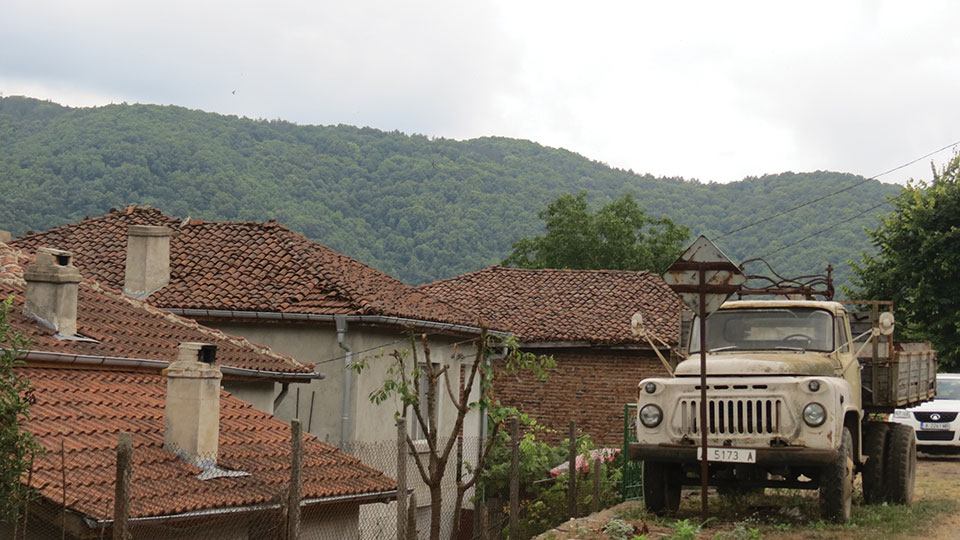
On his face I saw why, two years later in 2015, bands of vigilantes roamed this scratchy forest full of haunted Thracian tombs, still-unnamed bones, and traumatized refugees from war-torn countries. These vigilantes were self-appointed to help the border police hunt down the unwanted crossing into Europe. They were mostly angry young men from cities (not from the border), emasculated by unemployment and clinging to a newfound patriotic purposefulness that was at least as old as the dignified man with the cane. They assaulted and robbed the already robbed and violated of this world who had managed to walk here from the ruins of their lives, with the remains in a plastic bag. The vigilantes received the tacit approval of the government, which praised citizens who “protected” the fatherland’s boundaries. And the government was those former champions, bodyguards, and children of apparatchiks who had become entrenched and where an aggressive, paranoid nationalism is being manufactured, using the strangely familiar language of—could that be true? yes, and that’s why 1984 doesn’t date—the dreaded state of my childhood.
Earnest in its shiny intent, surrounded by lush hills full of ancient ruins, unmarked graves, and poisonous snakes, the new wall strikes me as a perfect trope for the collective unconscious.
Talking to the dignified old man helped me understand how repetitions like these are possible. How in 2017 in the hunting lodge, the organically grown food was still delicious but there were no free rooms for civilians—because the place was overtaken by border police, sent by the government to reinforce the boozy local border police. Yet the refugee flow had almost ceased—so terrible had the reputation of this border become. It helped me understand how the secretive forest of Strandja was still full of prey as those in power once again “watch over us.” But there is one difference: the inmates of yesterday are now on the soft side of this border which is so hard and deadly for the already robbed of this world, and we continue to emigrate on one-way tickets from this country emptying itself of its future, busy building new walls around its plundered, once-beautiful villages where “the dead increasingly outnumber the living,” as one old man told me.
In no-man’s-land, not far from where the Installation had arrested the forest, a new shiny wall was recently completed, between Bulgaria and Turkey. It is identical to the new shiny walls between Greece and Turkey, Turkey and Syria, and other walls—current, past, and future. Earnest in its shiny intent, surrounded by lush hills full of ancient ruins, unmarked graves, and poisonous snakes, the new wall strikes me as a perfect trope for the collective unconscious. Though devoid of memory, the wall is its own foretold story. “When an inner situation is not made conscious, it appears outside as fate,” said Carl Jung of the psyche. This is the principle of hauntings, time warps, and tragedies. This is the border principle.
On one of my later visits to the hunting lodge, I happened upon the owner, the erstwhile Olympic champion. He invited me to join him and his family for dinner in the attractive courtyard. A couple of locals joined in, ingratiatingly pandering to his moody outbursts, and proceeded to get drunk with him until a point when he was no longer polite.
“It’s people like you who are responsible for the sorry state of this country!” He pointed at me with a gnawed bone. I was thinking the same about him—it’s as though we were mirroring each other’s hostile thoughts.
“You emigrated the fuck out of here when the going was tough, and never came back except on holiday, to savor the seasonal produce like now!”
Though they are bitter as earth in the mouth, I will continue returning to the once-beautiful villages, the haunted forest. Because this may not be my country anymore, but I am its child.
I managed to neither agree nor disagree, nor point out that he had enriched himself on the misery of others. After all, it was his food, his lodge, his forest. And his country.
That summer, and the following one, and the next, the border river that is the natural boundary between Bulgaria and Turkey and part of a protected biosphere in the Strandja National Park was savagely mined for sand by a construction company with links to the government. Two years later, the bed of the river was irreversibly damaged, its course altered, and the resulting microclimate change brought devastating floods to the once-beautiful villages of Strandja. The few remaining children couldn’t swim.
Though they are bitter as earth in the mouth, I will continue returning to the once-beautiful villages, the haunted forest. Because this may not be my country anymore, but I am its child. I am of this forest, of this border that was never going to fall, of these potholed roads that lead nowhere. Because I am angry. Because I love this plundered place.
Hard borders break humanity into much smaller and meaner shards than their crudely binary intent can possibly anticipate. But it is the fate of every border to fall, one day. Even borders like the new, shiny wall that cuts through Strandja’s ancient forests, through the once-beautiful villages where the aged children of long-ago Greek refugees still come, when they can afford it, where the haunted Thracian tombs and the unmarked graves of the innocent that I visited can no longer be visited because of the new wall.
And borders that are new, shiny, electrified, alarmed, and would never fall, that much was clear, like the Iron Curtain in 1961—even they fall.
There has been no truth and reconciliation for those like Michael and many others who would be my age or older today, because they were young when I was unborn, and who were born for better things than being hunted down—there is only whitewashed official history. The old border guards are old and dying. The new ones are too young to remember, as they slam their guns down on the table. This is why someone must come to the border forest and stand among the ghosts that still roam, unconsoled, and nod at them in recognition.
In an abandoned Turkish village on the other side of this once-beautiful Bulgarian village, I met a lone shepherd. He and his wife were the last people living there. All the other houses were dark. Groups of refugees knocked on their door in the bitterest winter, thinking they had arrived in “Europe.”
“See that pear tree?” he said. It was next to a ruined house that had once belonged to Bulgarians who had fled across the border. Under the pear tree, a local had dug up a pot of gold coins.
“But those coins were not his,” the shepherd shook his head.
“Why did they bury the pot there, though?” I asked him, and he looked at me, surprised. His parents had been kids when they were expelled from northern Greece.
“Because every exile hopes to go back, one day,” said the shepherd.
Scotland

